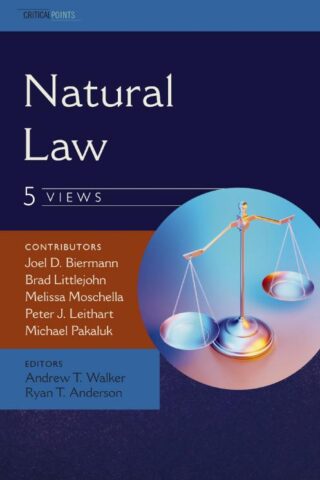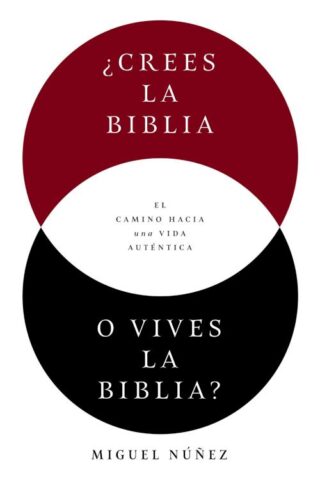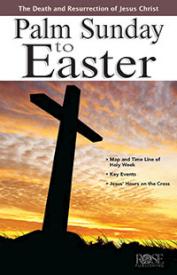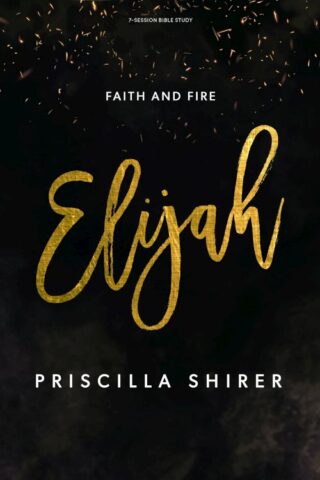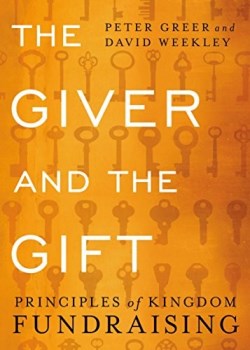Joel Biermann
Showing the single result
-
Natural Law : 5 Views
$34.99The story of “natural law” – the idea that God has written a law on the human heart so that ethical norms derive from human nature – in twentieth-century Protestant ethics is one of rejection and resurgence. For half a century, luminaries like Karl Barth, Carl F. H. Henry, and Cornelius Van Til cast a shadow over natural law moral reflection because of its putative link to natural theology, autonomous reason, associations with Catholic theology, and ethical witness devoid of special revelation. However, over the past twenty years, Protestant theologians have renewed their interest in the subject, often animated by debates on Christian involvement in the public arena and on matters of life, death, and gender and sexuality. Much of this engagement has happened within Reformed circles and has largely been conducted without reference to Roman Catholic construals of the natural law. Conversely, Catholic developments in natural-law thinking have paid little attention to the surge of interest on the Protestant side. As a result, Protestant and Catholic natural proponents – and even those skeptical of the natural law – are not in conversation with one another.
The lack of dialog between the various schools of natural law has left a historic tradition within Christian moral thought underdeveloped in contemporary Protestant theology. By bringing together a variety of perspectives in much-needed conversation, this book helps readers to understand the various construals of natural law within the broader strands of Christian and classical traditions and clarifies its unique importance for Christian moral witness in a secular culture. The contributors address the following questions:
*What is natural law?
*Can moral norms be derived from immanent, creaturely ends? If so, how specific or action-guiding can those norms be? How extensive might these moral norms be?
*How does natural law endure despite Christian insistence on the noetic, epistemological effects of sin?
*What is the relationship between Christian reflection on natural law and the broader classical tradition’s understanding of natural law?
*How do Catholic and Protestant construals of natural law differ?
*What is the relationship between faith and reason?
*What’s the relationship between human nature and natural law?
*Does “natural law” mean: “secular moral reasons”? Or is “natural law” merely religious belief disguised as public reason?
*How does natural law relate to public re
Add to cart1 in stock

